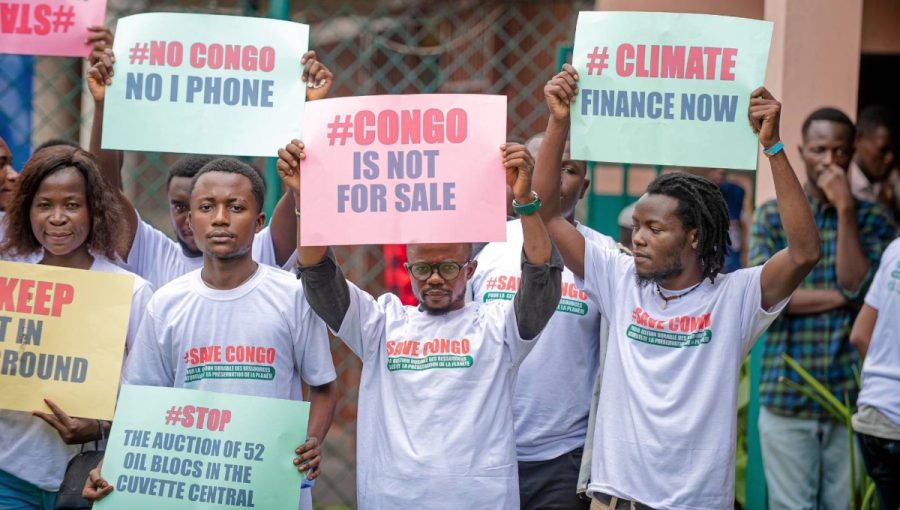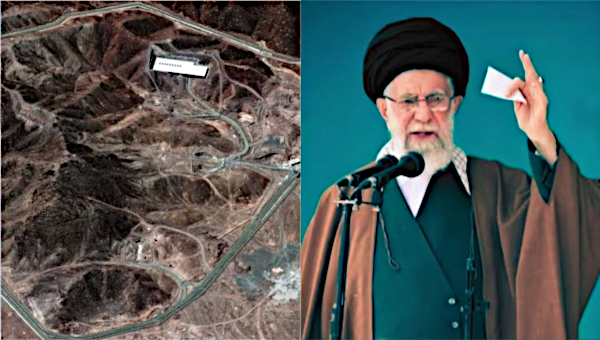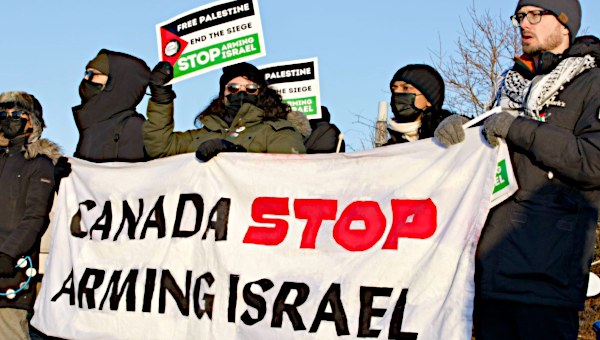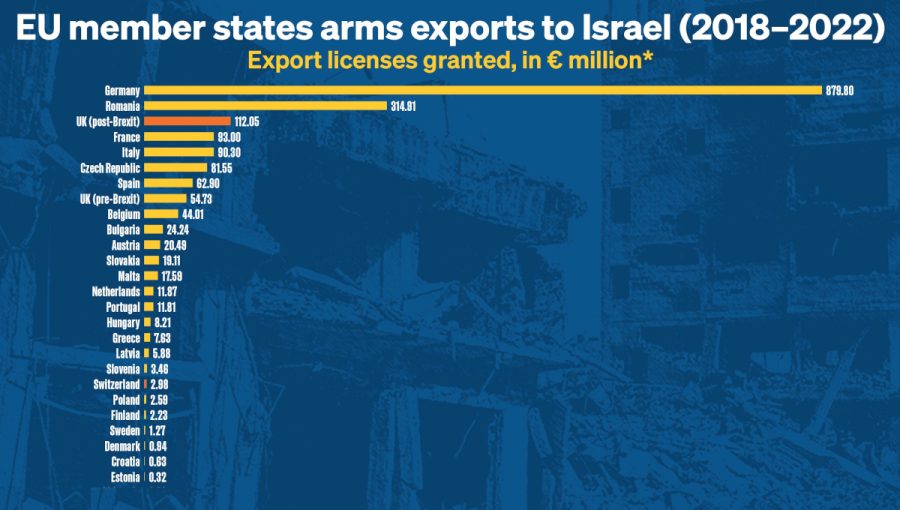No to War, No to NATO in Ukraine
Reports from the Ukraine suggest Ukrainians are resisting the Russian military intervention with a determination and solidarity that Russia’s President Vladimir Putin may have seriously underestimated. Hundreds of thousands have fled to neighbouring countries with equal numbers displaced internally. The Russian intervention overlays an internal civil war that has been festering in the eastern Ukraine for eight years and is now intertwined with a war of national defense and for national sovereignty. And the entire region, from the Baltics to the Black Sea, has been subjected for two decades to NATO and US geo-military strategies to enlarge NATO and put in place forward military positions that encircle Russia. In Russia, spirited anti-war protests have sprung up across the country and been met with the state repression that has characterized the Putin presidency. We condemn the military intervention, reiterate our support for self-determination and opposition to NATO, and give our fullest solidarity to the anti-war movements in Russia, across Europe, and in North America.
After the fall of the Soviet Union, many looked forward to the ‘peace dividend’ that would result from the reduction of defense spending and relaxation of the constant state of wartime readiness that had characterized the tense years of the Cold War. It soon became clear, however, that this was not to be, as a new American bipartisan consensus emerged around the perpetuation of global military dominance, both in the Third World as well as in relation to Russia.
This posture was cemented during the Bill Clinton administration, which reoriented NATO policy from the ‘containment’ of the Cold War period to ‘enlargement’ by expanding the alliance to incorporate most of Eastern Europe – and eventually right up to Russia’s doorstep – despite prior assurances to Russia. Though some foreign policy ‘realists’, hardly opposed to the expansion of American power, recognized the dangers of such a confrontational posture, especially in light of Russia’s nuclear capabilities, US policy remained oriented around securing its global dominance regardless of the potential consequences for human life.
This policy resulted in a doubling of the number of NATO countries after the Cold War, widely recognized by American planners as a direct threat to Russian security interests. Now, three decades after the fall of the Soviet Union, the US continues to push aggressively for Ukraine to be brought into NATO. The US has used both its diplomatic and military capacities to support and install forces in that country that are friendly to this objective – including mobilizing and collaborating with neo-Nazi and other hard-right elements. This continuous provocation has now precipitated Russia to draw the line, and to undertake a criminal and bloody war of aggression.
This war, and the suffering that the geo-political strategies of imperial rivals has wrought on the Ukrainian people, must end. But a durable international peace demands more than merely a Russian withdrawal from the current conflict. Rather, this also requires disbanding NATO, a military alliance whose express purpose is building a hostile alliance against Russia. A first step toward this is halting its eastward expansion, foremost through an agreement on the neutrality of Ukraine. This also requires immediate steps toward nuclear disarmament, which is the only way to finally bring an end to the grotesque logic of ‘mutually assured destruction’ and the current upgrading of a nuclear and ballistic missile systems.
If the Canadian government is truly concerned with peace, it would speak up for a sovereign and neutral Ukraine that stands outside an unnecessary military alliance. It would also play a leading international role in building support for immediate reductions in the nuclear arsenals of all states. The current Liberal government in Ottawa is doing the exact opposite.
No to War. No to NATO. No to Nukes.
The following statement on Russia’s assault in Ukraine was issued February 26 by Pugwash, an assembly of eminent scientists that defines its mission as bringing “scientific insight and reason to bear on … the catastrophic threat posed to humanity by nuclear and other weapons of mass destruction.” It is named after the Nova Scotia fishing village where its assembled scientists first met in 1957 in response to a Manifesto issued in 1955 by Bertrand Russell and Albert Einstein.
The statement sets out the necessary steps to a resolution, starting with an immediate ceasefire, and withdrawal of all foreign forces and a negotiated neutral status for Ukraine.
Any enduring settlement must address the internal divisions within Ukraine, where since the 2014 Maiden revolt successive regimes have deprived the substantial Russian-speaking minority in the eastern regions of their language in education and the media. The Pugwash statement refers to this in its point 3. Restoration of Russian language rights is a precondition to the creation of any meaningful unity of the working class in a sovereign Ukraine. — Socialist Project Steering Committee
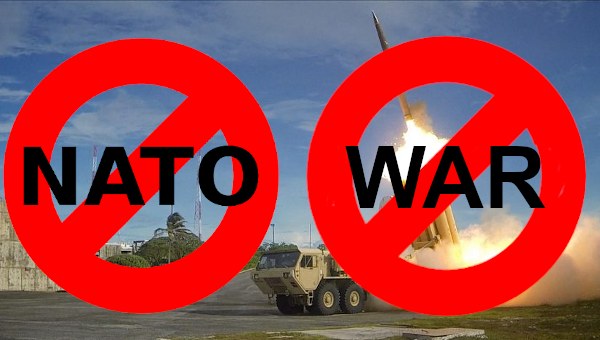
Pugwash Statement on the War in Ukraine
- The war in Ukraine is a very dangerous war inside Europe. It is the first significant Russian military intervention in Europe in more than 50 years.
- After the collapse of the Soviet Union, the definition of the boundaries of the new independent states was dealt with, mostly, in a constructive and peaceful way. The Armenia-Azerbaijan case and the case of Georgia are the most significant counterexamples. In the case of Armenia/Azerbaijan, the Russian Federation played a positive role in containing the consequences of the antagonism and conflict.
- In general, the problems connected to the autonomy of regions inside states – especially of those regions that have a different linguistic or ethnic or religious identity from the dominant one of the state – within Europe have been addressed mostly in a positive way after the end of world war II. The main exception has been the case of the dismantlement of the former Yugoslavia.
- In the case of Ukraine, the direct involvement of Russia is a source of very serious concern for all Europeans and also for the entire world. The invasion of Ukraine by Russian military forces should be reversed and all attacks against Ukraine should be stopped. States are legally committed by the Charter of the United Nations to refrain from the use or threat of use of force to settle disputes. The situation is further complicated by the fact that Russia is one of the two nuclear armed superpowers and that nuclear weapons are also present in western Europe.
- A possible way out from the present serious critical situation should include:
- An immediate cease-fire.
- The total withdrawal from the present territory of Ukraine of all foreign military forces and foreign military installations.
- The recognition of the autonomy of the Donbass region inside Ukraine in terms of local government and linguistic identity.
- The recognition of the Crimea as part of the Russian Federation. Two referendums in Crimea supported the return to the Russian Federation.
- The freedom of movement of people across the boundaries of Ukraine with Russia and other countries.
- Following the withdrawal of Russian troops from Ukraine, sanctions against Russia should be eliminated. Economic sanctions can also bring very negative consequences not only for the country that is sanctioned.
- A clear agreement that will stress the neutral status of Ukraine. In particular it should be understood that Ukraine will not seek NATO membership. Instead, the establishment of treaty-based international security assurances to neutral Ukraine will be important.
- An inclusive program of peaceful economic rehabilitation of Ukraine. Once the first steps toward resolution of the crises in Ukraine are made, there should be new negotiations on new European security architecture based on an indivisible security for all.
In line, with Pugwash’s commitment to dialogue and peace, we appeal to all parties to exert maximum restraint, work for an immediate ceasefire which prioritizes humanitarian needs, and for a swift return to diplomacy and negotiation. Pugwash is committed to strengthen dialogue with the relevant stakeholders at both the official and non-official levels to promote understanding and trust, and to bring back peace and stability to Europe. •
Sergio Duarte, President
Paolo Cotta Ramusino, Secretary-General
This statement first published on the Pugwash website.


